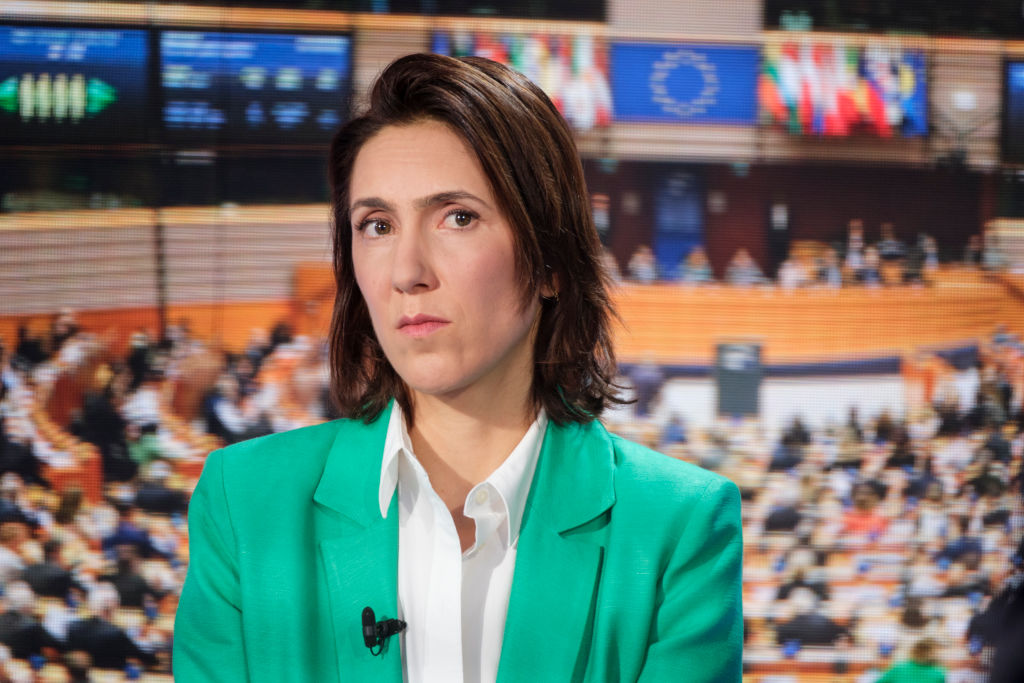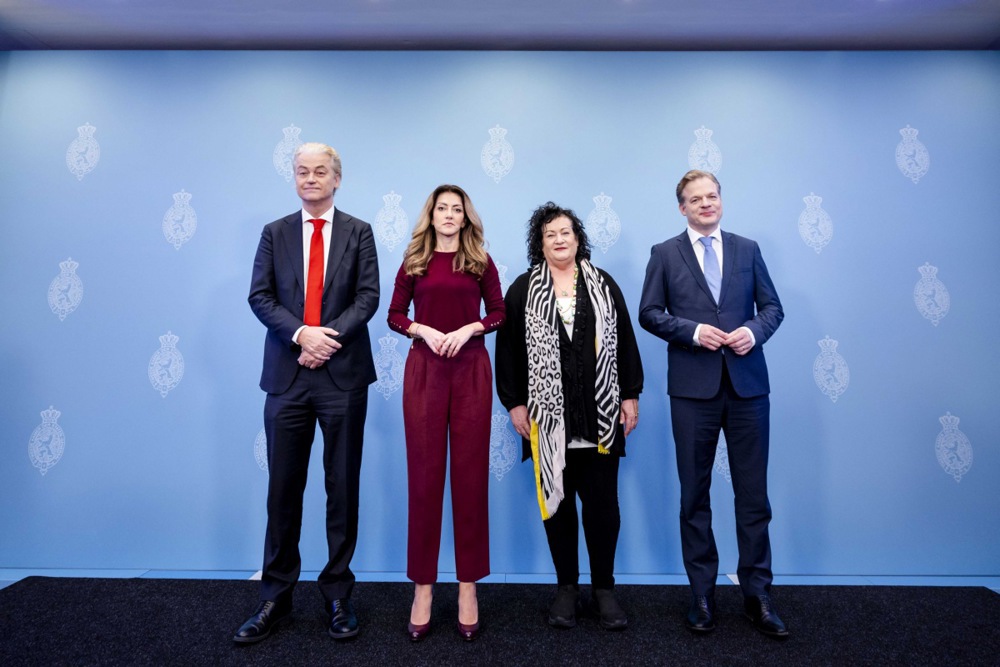Austria’s coalition government has survived a crisis surrounding its vote in favour of the EU’s Nature Restoration Law (NRL).
It comes after the country’s climate minister, Leonore Gewessler, voted in favour of the new rules in Brussels despite Austria’s government wanting her to abstain.
On the evening of June 17, Austrian Chancellor Karl Nehammer said that the coalition of Christian Democrats and Greens would continue.
He insisted that although the situation was a “serious breach of trust”, after internal discussions he had decided to keep the government afloat because he did not want to plunge the country into unnecessary “chaos”.
“This is not what citizens can expect from politicians,” he said at a press conference.
“The path to [Austrian] election day on September 29 should be orderly,
“We will fight this breach of law and trust; it is no small matter. If ministers make their own interpretations of the constitution in the future, it will lead to chaos. I am responsible for stability in our country.”
Hier mein vollständiges Statement zur innenpolitischen Lage aus Brüssel. pic.twitter.com/LUQgTpv0W8
— Karl Nehammer (@karlnehammer) June 17, 2024
Nehammer has launched a number of legal proceedings following the controversial vote.
The first aims to annul the NRL vote in the Council of Ministers via the European Court of Justice (ECJ), while another is targeted at Gewessler herself for her alleged “abuse of office”.
Asked by Brussels Signal about potential legal consequences, the chief spokesperson for the Permanent Representation of Austria to the EU said that, regardless of the content of the Nature Restoration Law, “every member of the government has been given the mandate by the Federal President to observe the law and the Federal Constitution to the letter, and everyone must adhere to that”.
“Next to the Court of Constitutional Matters, the Constitutional Service is the most renowned when it comes to clarifying questions in this regard.
“Minister Gewessler has repeatedly ignored the legal assessments there. And also… she was acting against a binding decision by the conference of the heads of provincial governments,” the spokesman added.
“Just because an objective is supposedly good and right, the path to achieve it must not be an illegal one. Ideology should never be above the law.
“The next step is to file an action for annulment.”
On June 17, Greens leader and Vice-Chancellor Werner Kogler and Gewessler had claimed in a letter to Brussels that they had the law on their side and that the Chancellor did not have any right to issue instructions on how to vote.
Spokespeople for the Council of Ministers, the European Commission and the Belgian Presidency of the Council of the EU meanwhile have described the controversy as an “internal issue of Austria”.
Shortly after Nehammer’s press address, Kogler held one also at which he insisted that the coalition had had its share of tough moments but had always managed to ride them out.
He described the climate minister’s vote decision as a “victory for nature”.
Austria has known similar crises in the past when coalitions fell apart and spending decisions were made with alternative majorities. The combined results of two such occurrences — in 2008 and 2019 — caused spikes in spending, still weighing down the budget this year by €4.1 billion.
The government may also want to play a role in the ongoing top-job carousel in Brussels, as Member State leaders still have to decide on future European Commissioners and other major positions in the EU.
With the hard-right Freedom Party of Austria (FPÖ) leading in the domestic polls, the current majority, of which both Christian Democrats and Greens lost out in the European Parliament elections, might be inclined to step into the fray as soon as possible.
The Eurosceptic Freedom Party of Austria (FPÖ) has topped the country’s European Elections after it ran under the slogan “Stop the EU Madness”. https://t.co/4A7hmePhJa
— Brussels Signal (@brusselssignal) June 11, 2024





